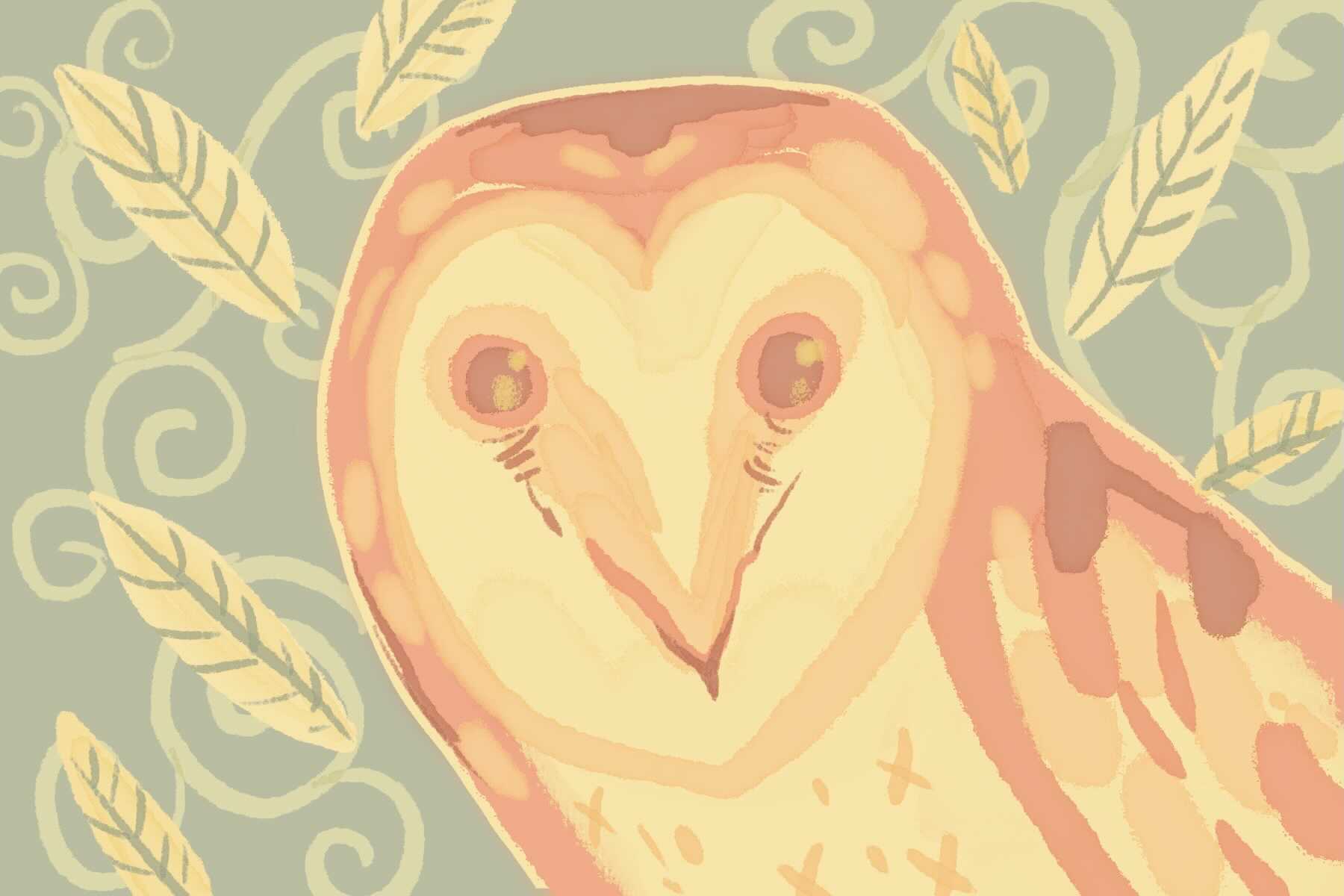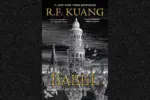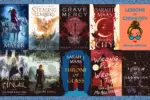Fantasy novels are a dime a dozen today. Young adult authors and the stories they conjure up occupy both shelves and the internet alike — from bookstores and Kindles to even less traditional platforms like Wattpad. With hundreds of blurbs to read and even more book cover designs to peruse, finding a good YA story to settle into can be overwhelming. The YA genre can become overcrowded too, as many use the same tried and true template time and time again: The main character single-handedly revolutionizes some aspect of the world she lives in and finds irrevocable love along the way with a conveniently handsome young man whom she initially scorns. While there’s certainly room for every kind of story in the world, novels with a refreshing take on the YA genre offer wearied audiences a new reading perspective.
Rebecca J. Anderson
Ugandan-born Canadian author Rebecca J. Anderson integrates a world of fairy fantasy with modern-day life in her book series “No Ordinary Fairy Tale,” also known as “Faery Rebels.” Combining clever writing and a talent for storytelling, Anderson nimbly uses her words to form a narrative that is both satisfyingly enriching and easy to read for all ages. The characters Anderson creates and the world they live in are simultaneously grounded in the realities of our world — disability, racism and the existential troubles of being a teenager — while still extending a generous hand into the land of make-believe that readers want to get lost in.
As a devout Christian woman, Anderson also weaves elements of her beliefs into her stories. However, this religious element is never done to the extent that readers begin to feel a lack of attachment or relatability to Anderson’s content. As personal favorites, Anderson’s novels come highly recommended as not just wonderful forms of entertainment, but also as interesting takes on the world of fairies and piskeys.
“Knife”: Book 1
Knife is a young, ambitious fairy hunter for a group of small, magicless female fairies who live in a giant oak tree in the back garden of an unsuspecting British family’s home. These fairies, called the Oakenfolk, are ruled by their queen and go about their dull and restrictive lives in fear of all humans. Despite this, Knife grows up with a keen sense of curiosity, which, combined with the hardiness of her profession, sees her drawn to the humans that live in the house — particularly a young boy named Paul who has recently returned home from school as a paraplegic who has lost his sense of life’s joys.
After an accident, Knife loses consciousness and wakes up in Paul’s care. Over time, the two become secret friends, and when Knife uncovers fragments of a hidden story about how the Oakenfolk lost their magic, she employs his help to find out more about it and the fairy who was responsible. Unbeknownst to the queen, Knife ventures out into the human world and comes to terms with her feelings for Paul as he recovers from the hardships of the accident that left him in a wheelchair. Eventually, the queen overcomes her chagrin after finding out the truth about their relationship and acknowledges their love by permanently transforming Knife into a human so she and Paul can be together and look after the Oak.
“Rebel”: Book 2
Fifteen years later, Queen Amaryllis dies and leaves the Oakenfolk divided about who the next queen will be. Linden, the youngest Oakenfolk fairy to receive magic from the queen before her death, feels increasingly desperate to help her people regain their magic.
In the meantime, Paul’s younger cousin, Timothy, comes to stay with Paul and Knife after getting suspended from boarding school. Timothy is guarded, feeling misunderstood as a young person away from his family in Uganda, where he grew up and currently longs to be. Disenchanted, Timothy sneaks out to go live somewhere else during his suspension; however, unawares to Timothy, Linden hides in his backpack as he journeys to London and unknowingly ends up in a hostel filled with dangerous city fairies. Linden saves Timothy from having his musical talent stolen by another fairy, and the two become unlikely friends as they journey to find other fairies that can help the Oakenfolk.
All the while, the pair are hunted by the Empress, the ruler of the city fairies who has old, sinister ties with the Oakenfolk. Linden and Timothy’s journey takes them to a community of fairies called the Children of Rhys, where they ask for help with rejuvenating the Oakenfolk’s magic as well as helping the city fairies break free from the Empress’ magical bind that keeps them obedient to her evil ways.
Rebellion against both the Empress as well as the conservative lifestyle of the Children of Rhys eventually sees the Oakenfolk’s magic restored and their dwindling population increased as fairies from both communities side with them in a brewing war against the Empress.
“Arrow”: Book 3
The third and final installment in Anderson’s “No Ordinary Fairy Tale” series follows Rhosmari, a young woman from the Children of Rhys who overcomes her fears and leaves her safe utopian life to find the other Children of Rhys that left to help the Oakenfolk and the Empress’ people. Initially, the whole endeavor seems fruitless and unnecessary to her. After getting captured by the Empress and experiencing the injustices of her ways, however, Rhosmari is relieved to be helped by the Oakenfolk rebellion and relates to their cause.
However, Rhosmari realizes that she cannot go back home until the Empress is defeated because she may be followed and her people also enslaved; she grows disheartened and struggles to find peace of mind in her new home. But, through her friendship and potential romantic interest for Timothy, Rhosmari soon finds comfort and reprieve even as they all prepare for an inevitable attack from the Empress. Eventually, the Empress is defeated, and even though Rhosmari does not return home to the Children of Rhys, she finds peace with her position and becomes a citizen of the Oakenwyld.
“The Flight and Flame Trilogy”
If the “No Ordinary Fairy Tale” books are not enough, the fantastical tale doesn’t stop there: Anderson’s follow-up book series, titled “The Flight and Flame Trilogy,” connects the lives of the Oakenfolk fairies with Cornish piskeys (pixies) that live in an old mining shaft called the Delve. The three succeeding books — “Swift,” “Nomad” and “Torch” — deviate from the world of fairies to follow the story of Ivy, a half-fairy, half-piskey girl who fights fate to fly despite being born wingless and save her people from an unknown poison in the Delve.
Altogether, Anderson’s clever and inspiring stories are sure to provide entertainment for all ages and handle real-life situations and dynamics in an interesting way. Anderson writes in a way that is enjoyable and recommendable, especially for readers looking for something new during the upcoming holiday period.

















